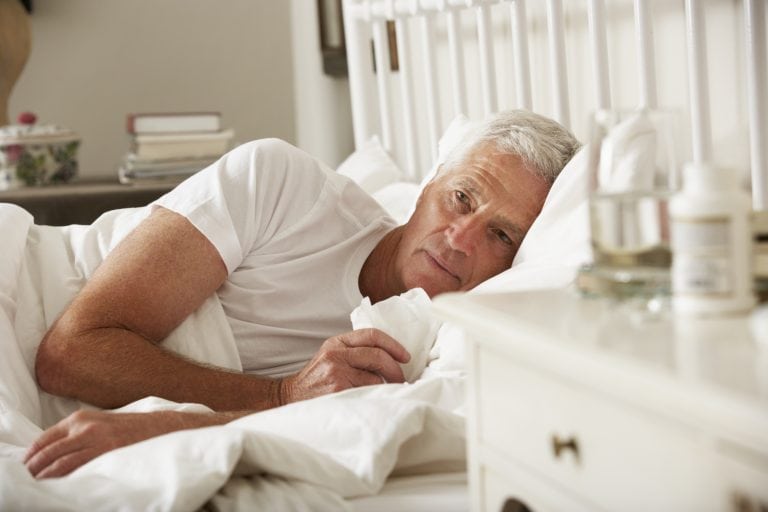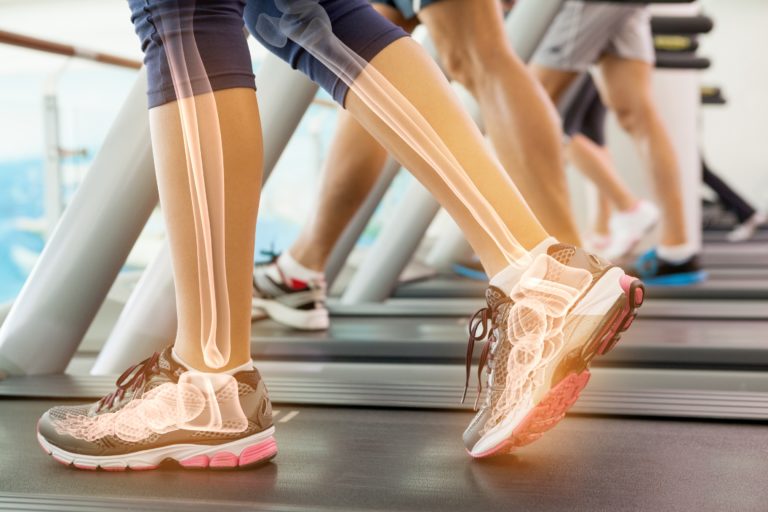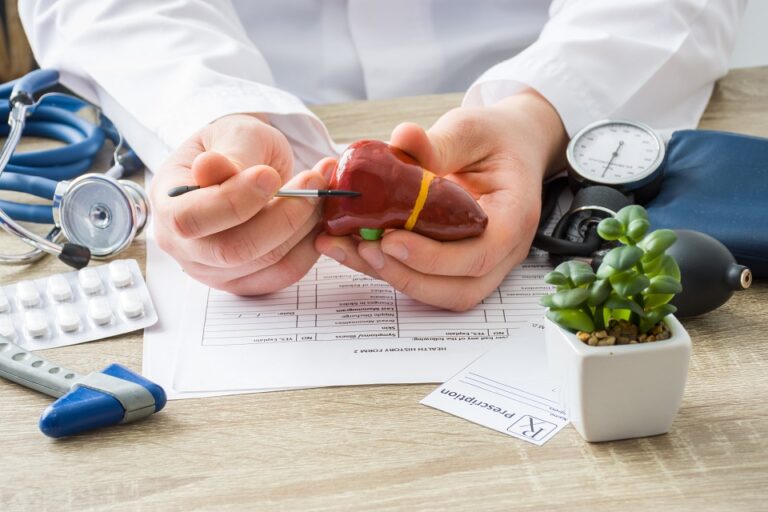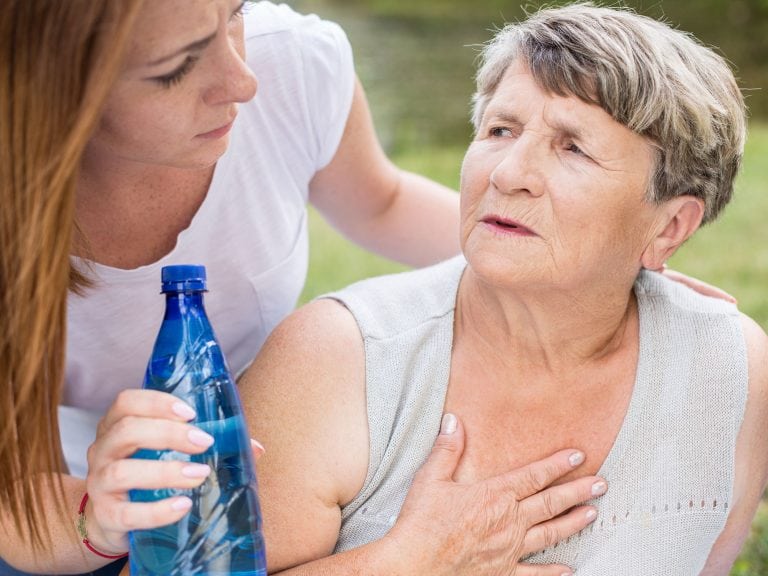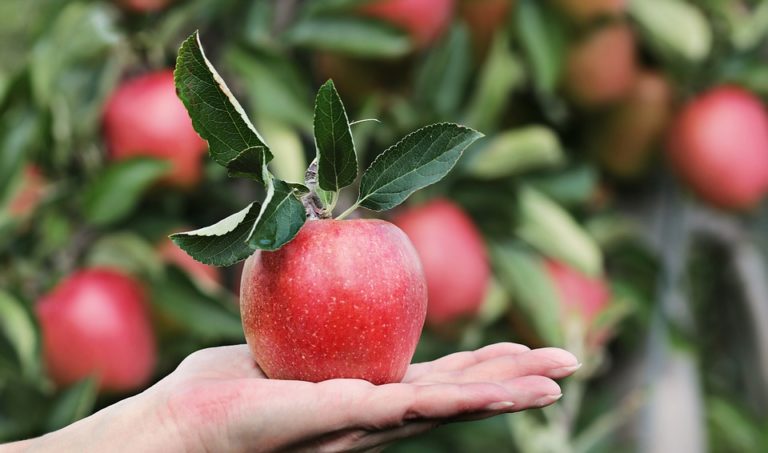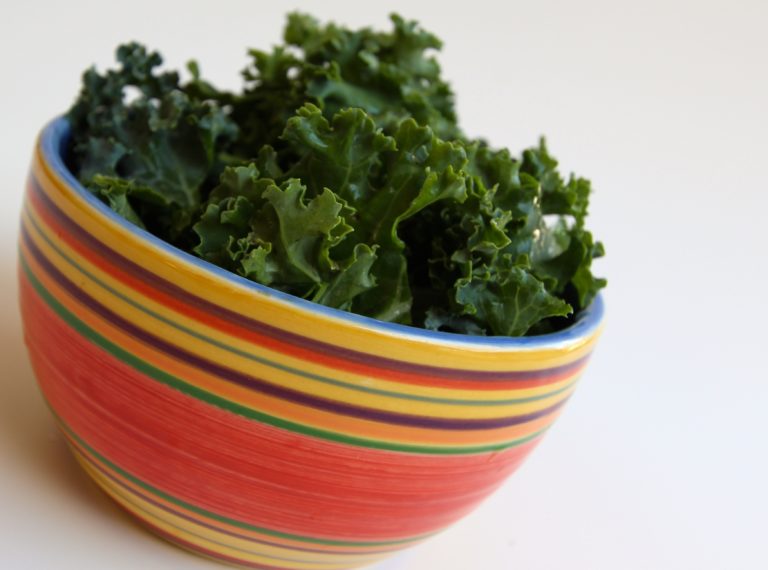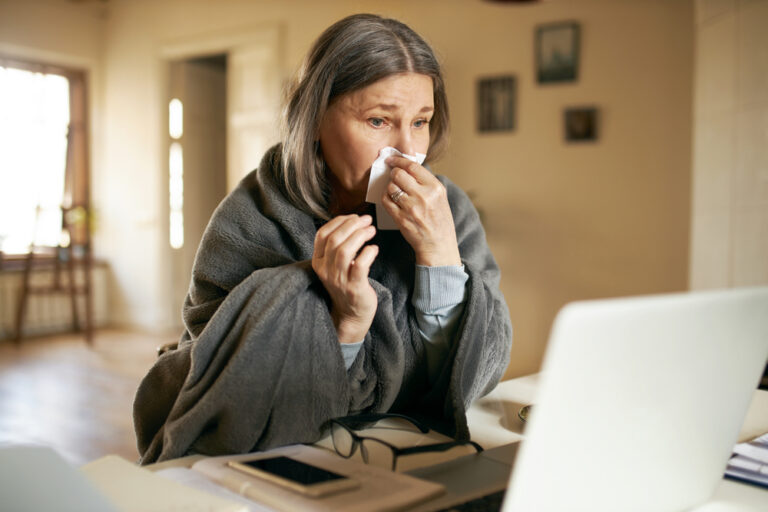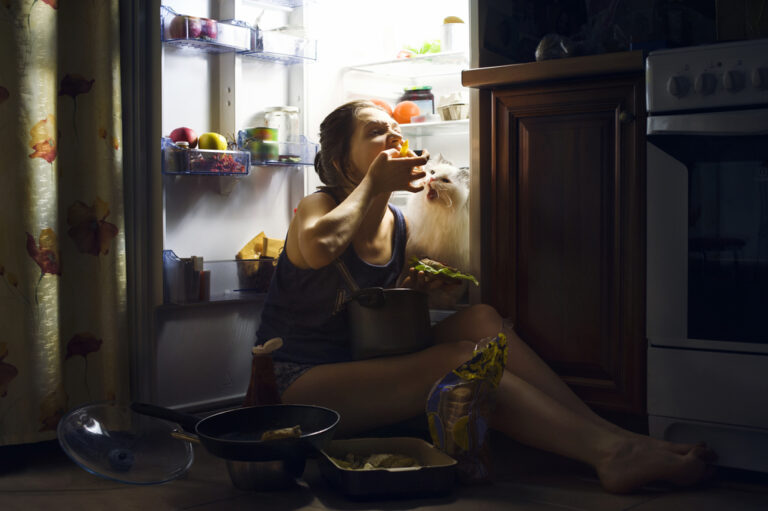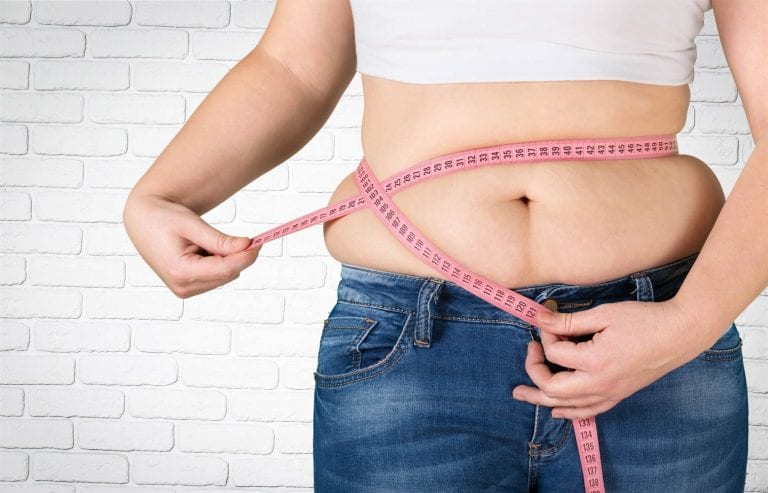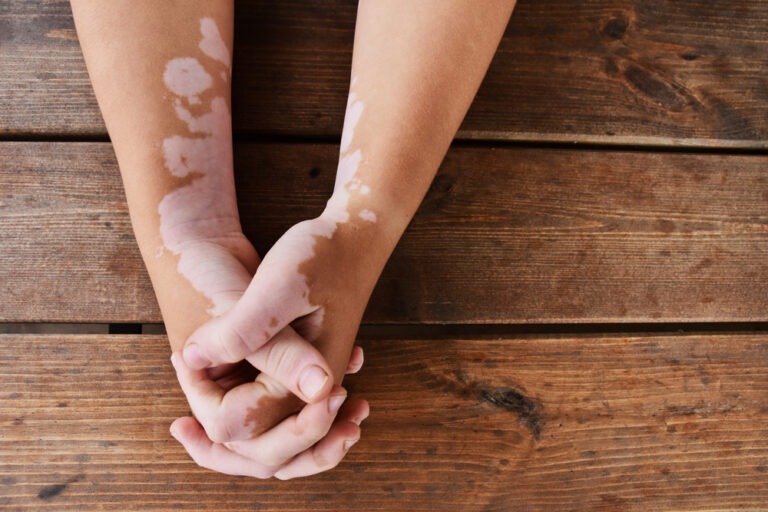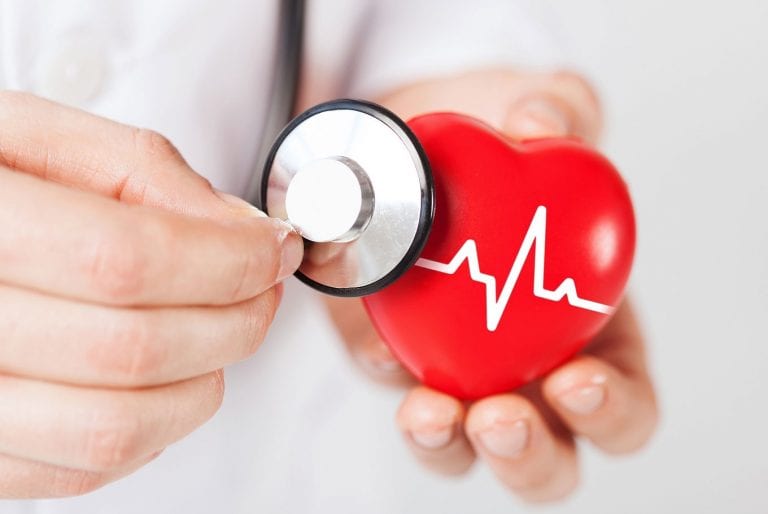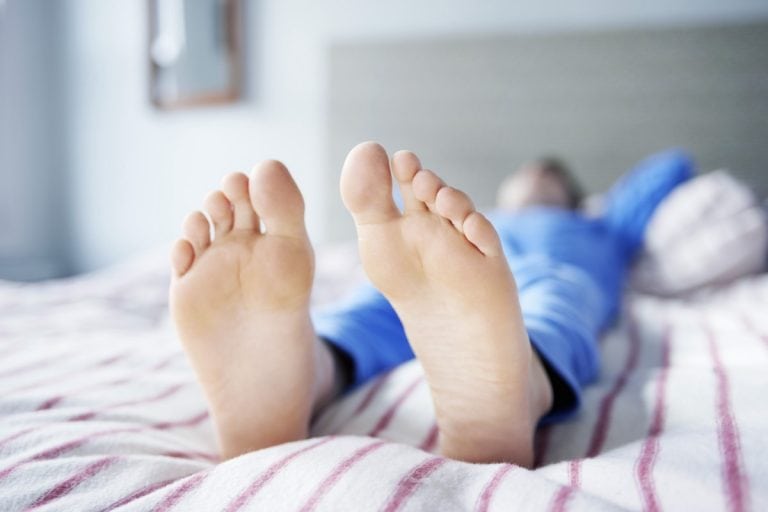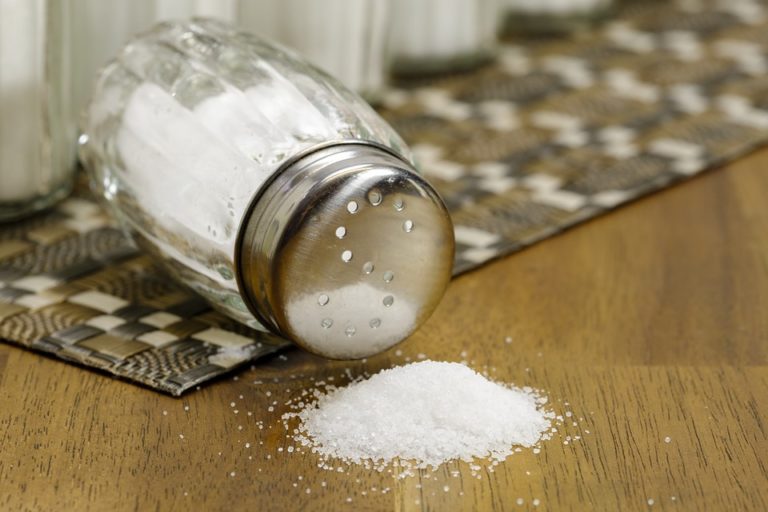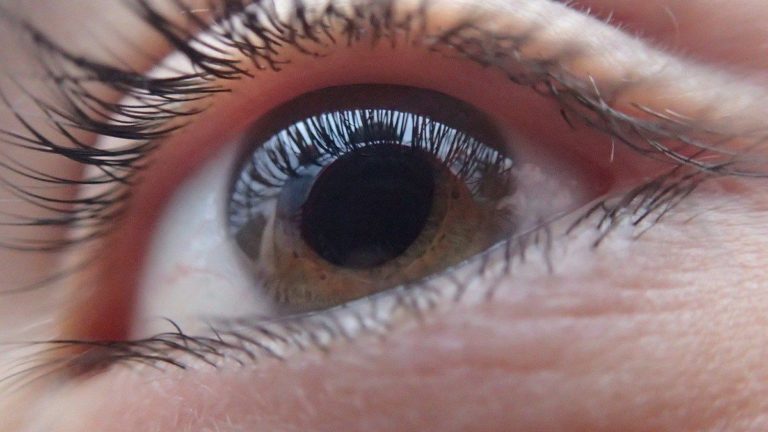
These experts definitely practice what they preach. Here’s how you can make these simple changes to prevent cancer too.
“I make sure treats are really treats and not everyday occurrences.”
“Eating too much sugar and junk food can cause fat to build up in your liver, which can cause liver damage and increase the risk of liver cancer. It has been predicted that this non-alcoholic fatty liver disease will be the leading cause of liver cancer and the rate of liver cancer will increase significantly in a few years.” —Homayoon Sanati, MD, medical director of the MemorialCare Breast Cancer Center at Orange Coast Memorial Medical Center in Fountain Valley, California.
“I keep my stress in check.”
“Your immune system needs to be in optimal condition to seek out and destroy cancer cells. Having a calm lifestyle will promote a stronger immune system. If your body is not preoccupied with the physical and emotional effects of life’s little battles, your immune system can better focus on healing and protecting you. One thing I practice and highly recommend is controlling your stress level, especially about things that are out of your control. There will always be legitimate reasons to be worrisome or angry. But if your anxiety will not fix the situation, then accept, adapt, and resolve things the best way you can.” —Amy Lee, PhD, associate director for research and chair in basic science in cancer research at USC’s Norris Comprehensive Cancer Center.
“I eat a Mediterranean diet.”
“Multiple studies, including a recent randomized trial published in JAMA, suggest that the Mediterranean diet supplemented with extra virgin olive oil can help prevent cancer. I try to follow this by eating a whole-foods plant-based diet that includes broccoli, turmeric, and garlic and limits refined sugar, refined carbohydrates, saturated animal fats, and toxic chemicals, and pesticides.” —Matthew McCurdy, MD, PhD, a radiation oncologist at the Austin Cancer Center.
“I get regular check-ups too.”
“It’s important to be proactive regarding surveillance for cancer. Many are curable or have a better outcome when caught early. In addition, do regular examinations on yourself at home and get to know your own body well. Any concerns? Bring them up with your doctor at your next check-up.” —Justin Piasecki, MD, skin cancer surgeon.
“I maintain a healthy weight.”
“Obesity and overweight have been linked with many types of cancers. To make sure my weight stays under control, I prioritize exercise, get enough sleep, choose foods low in carcinogens, and balance family and work. I also get early detection screenings. These are things everyone can do because, at the end of the day, even though we are experts we are no different from you!” —Peter Shields, MD, deputy director and cancer prevention researcher at The Ohio State University Comprehensive Cancer Center and lung oncologist with the James Cancer Hospital and Solove Research Institute.
“I go beyond sunscreen.”
“Sunscreen is a great first defense but it’s not the only way to protect yourself from harmful UV rays. I always wear a broad-rim hat and sunglasses with UV protection when I’m outdoors. In addition, I schedule my favorite sport, golf, to avoid playing during the sun’s peak hours.” —Hubert Greenway, MD, skin cancer specialist at The Scripps Clinic in San Diego.
“I exercise regularly.”
“People who are physically active live longer and have lower risks for heart disease, stroke, type 2 diabetes, depression, and some cancers. Obesity and a sedentary lifestyle have been implicated in cancer-causing deaths, including two of the most common cancers in the United States, breast and colon cancer.” —Delphine J. Lee, MD, PhD, dermatologist and director of the Dirks/Dougherty Laboratory for Cancer Research at John Wayne Cancer Institute in Santa Monica, California.
“I never smoke, not even socially.”
“Tobacco products are very strongly linked to the development of a number of cancers, including those of the lung, head and neck, esophagus, pancreas, kidney, bladder, colon and rectum, among others. In fact, tobacco products account for at least 30 percent of all deaths from cancer and lung cancer is the number one cause of cancer deaths in both men and women. So the practice of avoiding or quitting tobacco can dramatically reduce one’s risk of developing a cancer in their lifetime.” —Jeffrey Vainshtein, MD, radiation oncologist at White Plains Hospital Center for Cancer Care.
“I keep my brain active.”
“As a neuro-oncologist, I’m well aware of how important it is to keep our brains active and alert at all ages. I do this with simple changes in day-to-day activities. Brushing my teeth with my non-dominant hand, for example, is an easy way to change my routine. Even a small change like this causes an increase in the level of connectivity between the neurons in the brain. Teaching yourself new things and challenging yourself on a daily basis will keep your brain healthy and resilient.” —David Poulad, MD, a board-certified neurosurgeon and partner at IGEA Brain & Spine, specializing in neuro-oncology.
“I do things that bring me joy.”
“People underestimate the power of not just living a healthy life, but a happy one too. It is essential to lowering my risk of getting cancer and also my overall well-being to have balance in life. I work toward finding things that make me happy in all areas, whether it is in my work or during personal time. Reducing stress and taking time for things that give me joy are just as important as eating well and exercising.” —David Poulad, MD.



